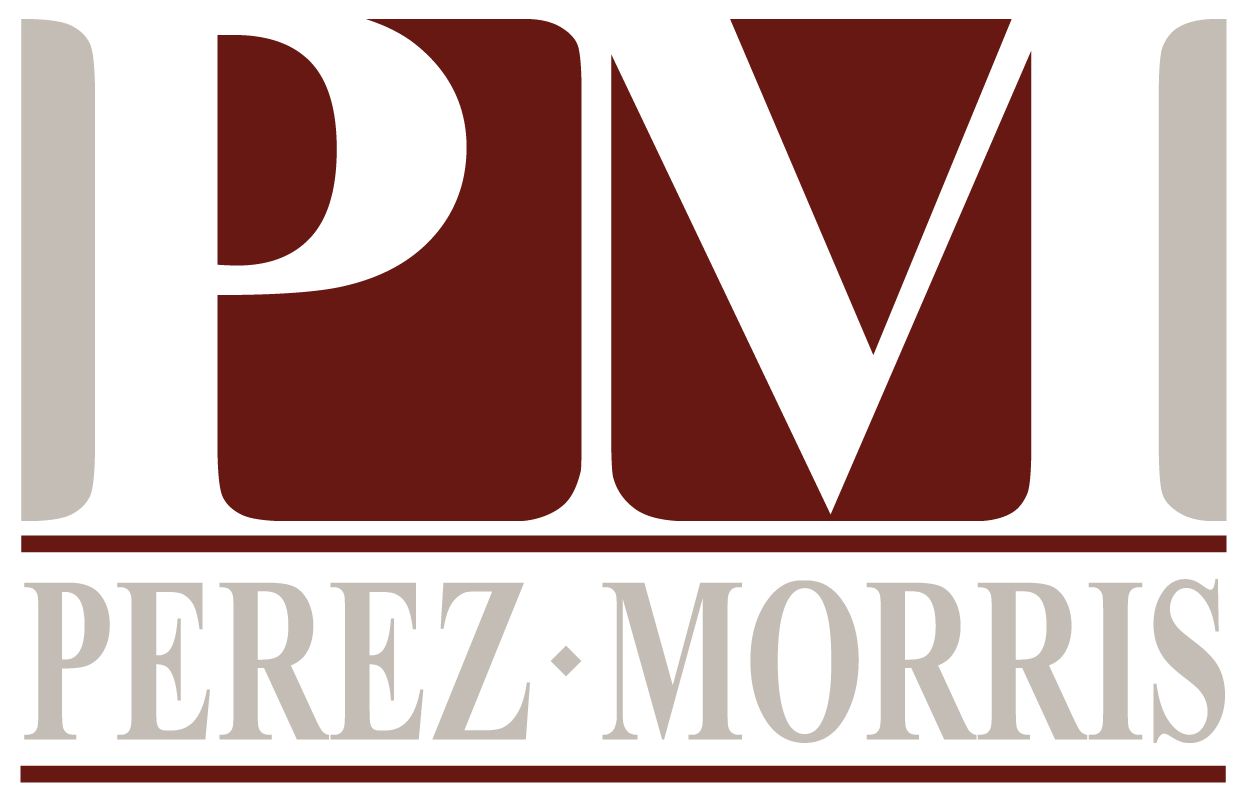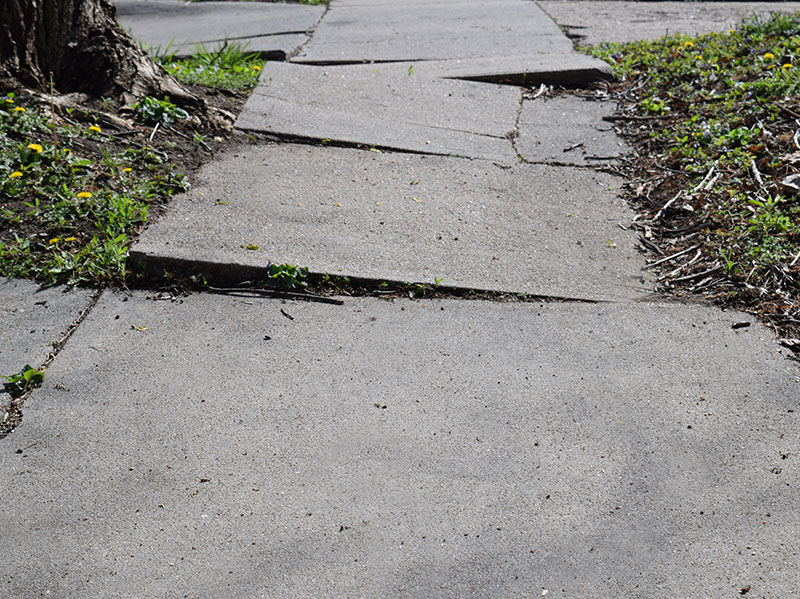“Section 7-210 of the Administrative Code of the City of New York unambiguously imposes a nondelegable duty on certain real property owners to maintain City sidewalks abutting their land in a reasonably safe condition. Under this duty of care, a subject owner is liable for personal injury claims arising from the owner’s negligent failure to remove snow and ice from the sidewalk (id. § 7-201[b]). The Code makes no exception for out-of-possession landowners and so we hold that the duty applies with full force notwithstanding an owner’s transfer of possession to a lessee or maintenance agreement with a nonowner. Thus, defendants are not entitled to summary judgment as a matter of law due solely to the owners’ out-of-possession status.”
-Xiang Fu He v. Troon Management, Inc., 2019 NY Slip Op 07643
The New York Court of Appeals recently (October 24, 2019) decided Xiang Fu He v. Troon Management, Inc., 2019 NY Slip Op 07643, which essentially decimated a defense that out-of-possession landowners in the City of New York relied on in slip and fall litigation arising out of alleged negligence in failing to maintain sidewalks abutting a landowner’s premises. In Xiang Fu He, the Court of Appeals reversed the Appellate Division’s granting of summary judgment to the out-of-possession landowner defendant on the grounds that landowners owe an absolute, non-delegable duty to pedestrians under the New York City Administrative Code to maintain sidewalks abutting a landowner’s premises. In the Appellate Division, the defendant argued that the denial of summary judgment by the Supreme Court was error because the defendant was an out-of-possession landlord who had an agreement with the lessee of the property in which the lessee agreed to maintain the abutting sidewalks. In New York City leases, it is common for the lessee to be responsible for maintenance of the exterior and interior portions of the leased property (including the abutting sidewalks), with the landowner only being responsible for structural or design defects. The Appellate Division agreed that it was error on the part of the Supreme Court to not grant summary judgment in favor of the defendant on the out-of-possession landowner defense and reversed the Supreme Court and granted the defendant summary judgment. The Court of Appeals disagreed with the Appellate Division’s granting of summary judgment and reversed.
Prior to Xiang Fu He, it was a common defense for an out-of-possession landlord to argue that it did not owe the plaintiff a duty to maintain the sidewalks abutting the premises because the lessee had been delegated that duty under the lease. The Court of Appeals has now taken a different view of the application of New York City Administrative Code Section 7-210. Under Section 7-210:
- It shall be the duty of the owner of real property abutting any sidewalk [. . .] to maintain such sidewalk in a reasonably safe condition.
- Notwithstanding any other provision of law, the owner of real property abutting any sidewalk [. . .] shall be liable for any injury to property or personal injury [. . .] proximately caused by the failure of such owner to maintain such sidewalk in a reasonably safe condition. Failure to maintain such sidewalk in a reasonably safe condition shall include the negligent failure to remove snow, ice, dirt or other material from the sidewalk.
Under Xiang Fu He, the Court of Appeals has taken the position that the duty imposed on landowners by Section 7-210 is a non-delegable one, meaning that a landowner has an absolute duty to pedestrians to maintain the sidewalks abutting its premises. Even if there exists a separate contract or lease in which a lessee or third-party is obligated to maintain the sidewalks, it will not be a defense to the absolute duty imposed by Section 7-210.
In reviewing the statutory language of Section 7-210, the Court of Appeals held that the clear, unambiguous language of § 7-210 demonstrates that the City of New York meant to impose a non-delegable duty upon landowners in maintaining the abutting sidewalks. It stated, “‘[O]wner’ means all owners, regardless of their out-of-possession status and whether the owner has contracted with the lessee or another to keep the sidewalk in reasonably safe condition.”
Xiang Fu He has certainly upended the out-of-possession landlord defense that many landlords in New York City were able rely upon to absolve themselves of liability in slip and falls. But, under the new Xiang Fu He ruling, those days are past.
The Court of Appeals summed it up best, saying, “While an owner can shift the work of maintaining the sidewalk to another, the owner cannot shift the duty, nor exposure and liability for injuries caused by negligent maintenance, imposed under section 7-210.”

Anthony joined Perez & Morris in 2017. Prior to joining Perez & Morris, Anthony practiced with a law firm that handled personal injury, premises liability, and real estate litigation, amongst various other matters. He is a member of the New York State Bar Association, New Jersey State Bar Association, and the Columbian Lawyers Association of Rockland County.
Anthony is also an adjunct professor of Business Law at St. Thomas Aquinas College in Sparkill, New York, where he graduated magna cum laude in 2011 with a Bachelor’s Degree in History and a minor in Performing Arts. Read more



